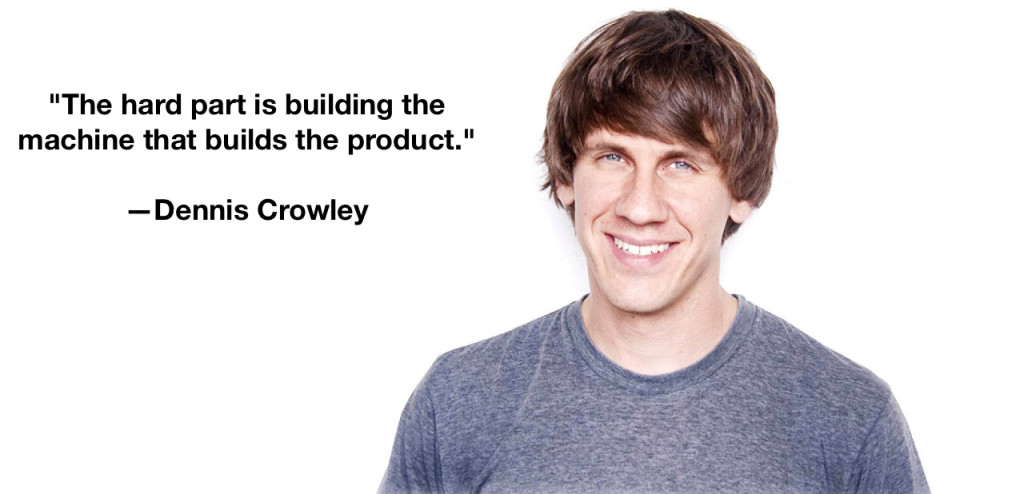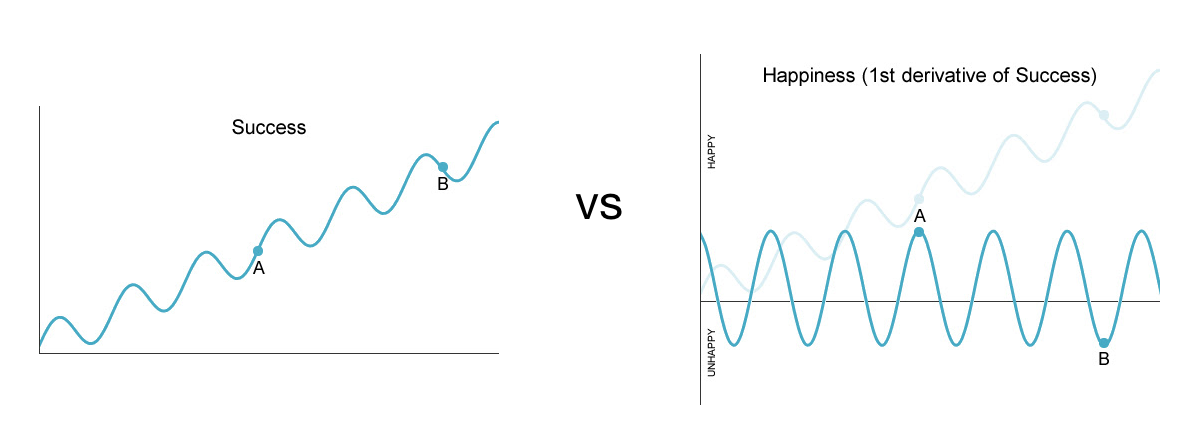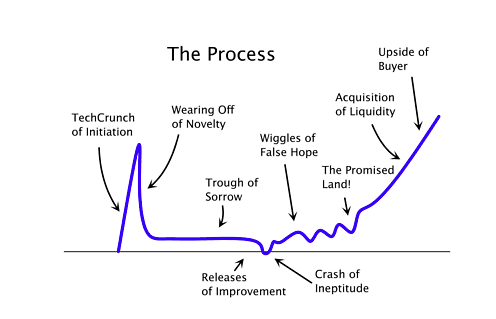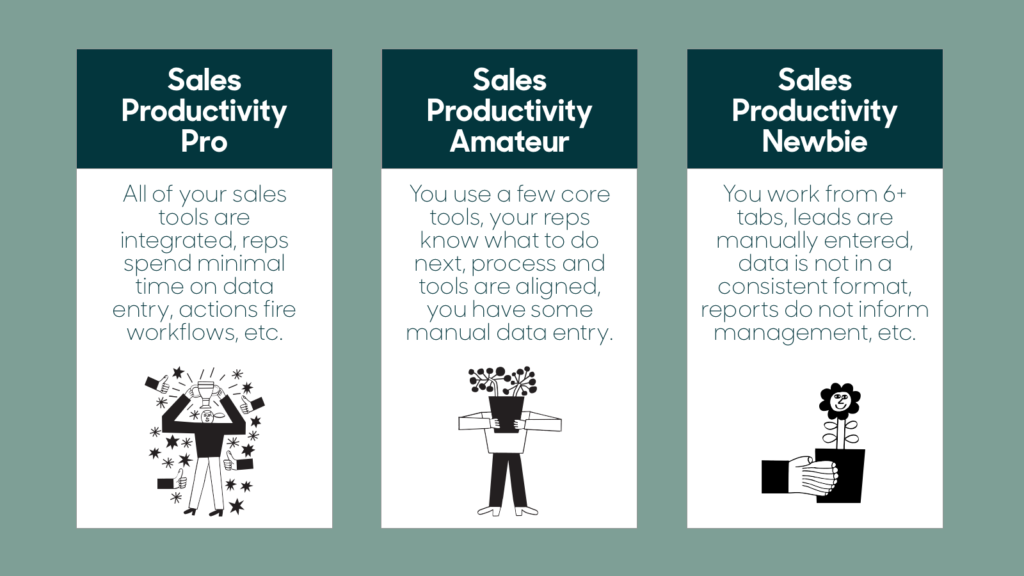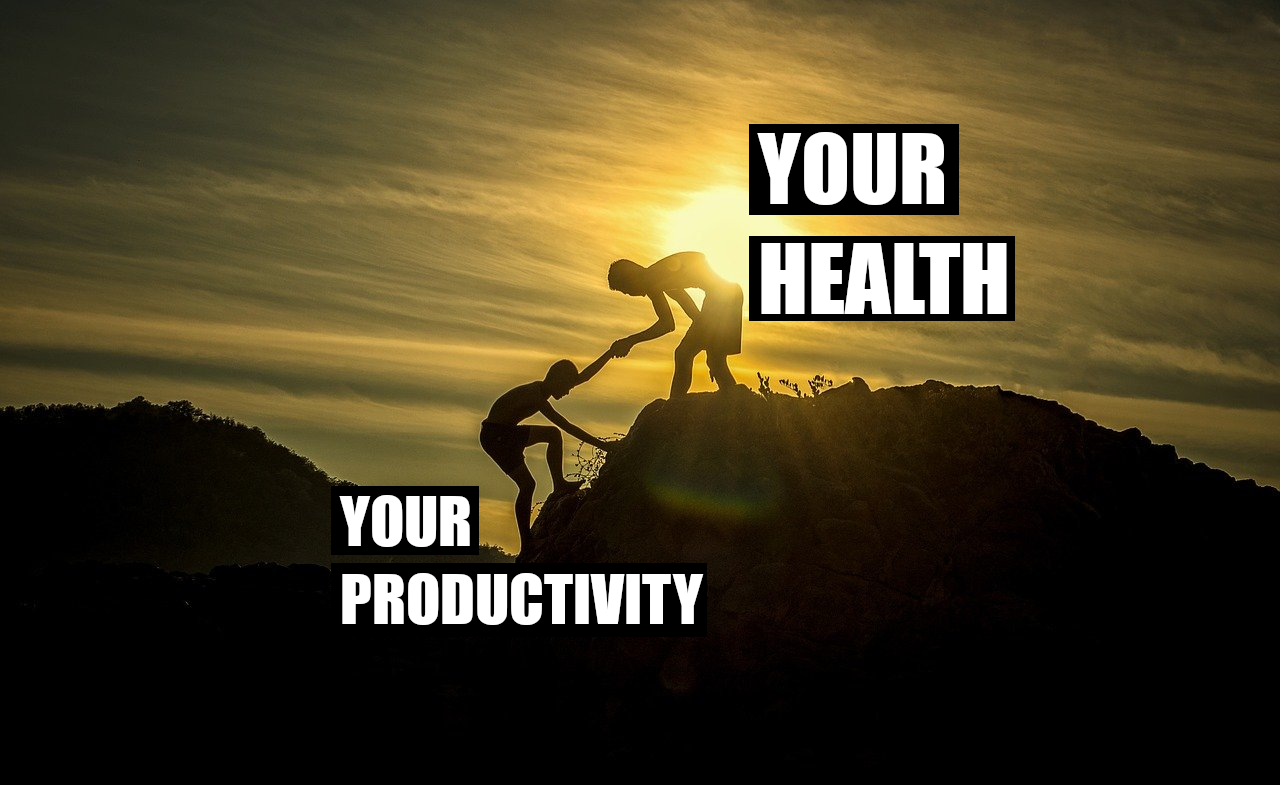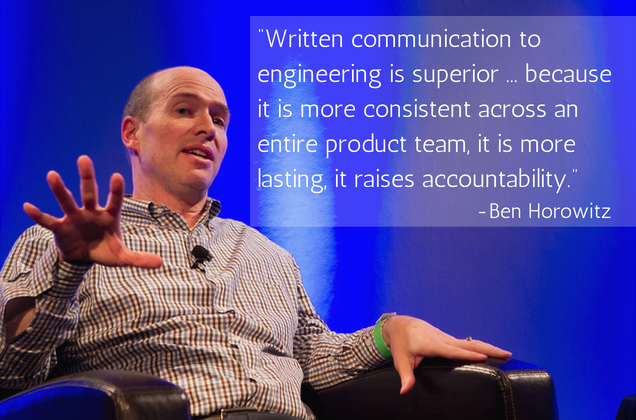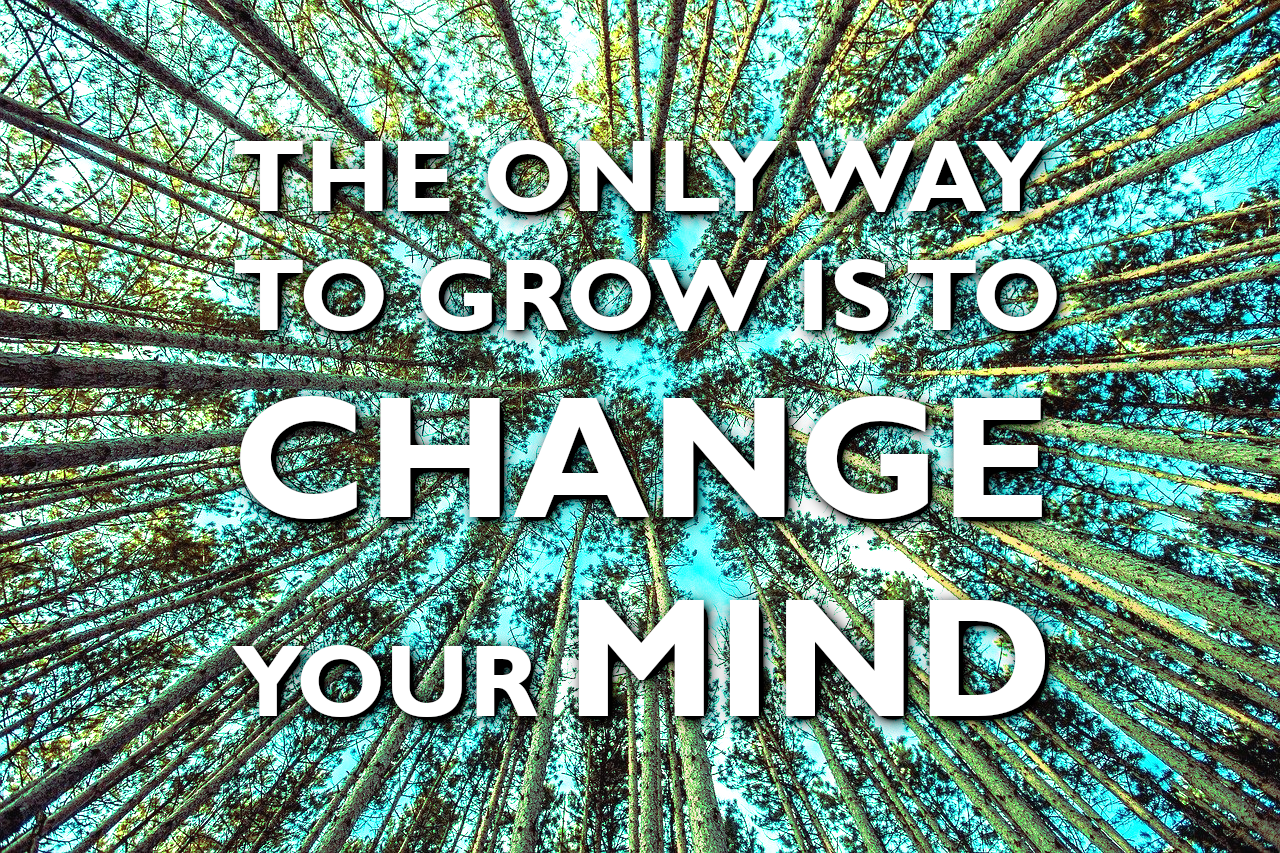The exemplary manager is often shown as the outgoing guy that gives his team pep talks and high fives. In truth, though, that stereotype couldn’t be farther from the truth.
To four highly effective, seasoned, and successful executives, being a good talker isn’t just overvalued, it can actually be detrimental. Rather, there’s a subtle, often-overlooked ability that’s one of the most vital skills you can have as a manager — the ability to write.
Writing creates a permanent knowledge-base
“Written communication to engineering is superior [to verbal communication] because it is more consistent across an entire product team, it is more lasting, it raises accountability.”
—Ben Horowitz, Andreessen Horowitz
When managers write, you create work product — white papers, product requirement documents, FAQs, presentations — that lasts and is accessible to everyone in the organization. From marketing to sales to QA to engineering, everyone has a single document off which they can work and consult.
The upshot is that the manager also takes public responsibility for what happens when the rest of the team executes on the point of view taken by the documents. That ratchets up accountability through the organization.
To Horowitz, author of Good Product Manager/Bad Product Manager, the distinction between written and verbal communication is stark and, in fact, it’s what separates the wheat from the chaff. Good managers want to be held accountable and aren’t looking for ways to weasel out of responsibility. And so, good managers write, while “[b]ad product managers voice their opinion verbally and lament … the ‘powers that be’.”
Read more

